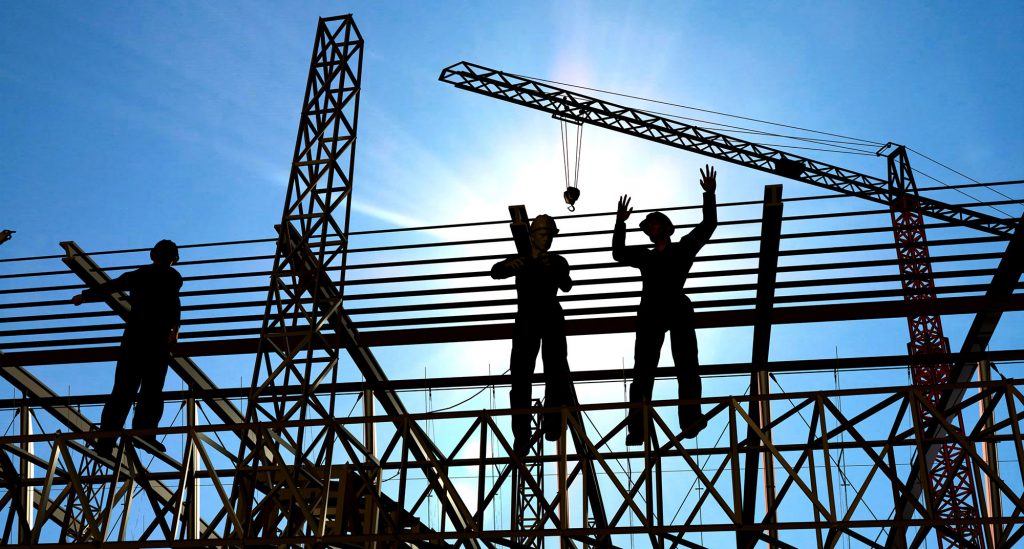
Whether you’re looking to secure development finance for a new-build, conversion or refurbishment project, it’s essential to be fully prepared for your application. You need to have a solid proposal that details the feasibility of your project, how long it will take, the costs involved, the end value and any assets that can be offered as security.
As well as taking the financial viability and profit margin into account, lenders need confirmation that you have the experience to carry out the proposal and get the project finished. If you’re an experienced developer, this is a lot easier as you can present details of your previous projects, such as converting offices to apartments in Bexley. If you’re a first-time developer, however, you will need to provide credentials for everyone working on your project, such as the builders and your project manager.
To help you prepare for a successful application, we’ve detailed the information you need to include in your proposal and the costs involved when applying for development finance.
Your proposal
Applying for development finance is much more involved than a standard residential mortgage application. This is because the lender is taking on a lot more risk and has to do due diligence on you, your contractors and the site. The following information is typically required:
- The purchase price of the land and/or building
- Details of your property development experience
- Specifics relating to your contractors, such as architects, planners and builders
- A detailed breakdown of your build costs, including the labour and materials
- A schedule of the works to be carried out, detailing the development stages
- A contingency plan to allow for possible setbacks and how they will be resolved
- The projected value when the project is completed, known as the gross development value (GDV)
- Planning permission documents, including any restrictions
- Building regulations approval
- Your exit strategy, such as selling or refinancing. You may, for example, have refurbished a property in Bexleyheath and want to rent it out as an investment. In this case, refinancing to a commercial mortgage is a good long-term option.
The costs involved
There are numerous costs to cover when you secure development finance, which vary between lenders. These can include:
- Arrangement/facility fee: This is charged as a percentage of your loan’s total cost and is usually between 1% and 3%. The fee is repaid at the end of the loan term.
- Valuation fee: A valuation will need to be carried out by a surveyor to ascertain the current market value and provide a projected gross development value.
- Application fee: You may be charged an application fee by your lender or broker for submitting the initial application.
- Interest rate: The interest rate varies for each lender and is usually rolled up. Whilst the majority of lenders will only charge interest on the funds you have received, some will also charge it on the funds you haven’t yet had access to.
- Legal fees: A solicitor needs to complete the legal aspect of your loan application.
- Drawdown fees: You may need to pay a drawdown fee each time you receive an instalment of your loan. This can be a set fee or variable according to the size of the amount you receive.
- Exit fee: This is usually charged as a percentage of the total loan amount although some lenders base it on the gross development value.
The process for your development finance
Every development project is different and the specifics for yours will be taken into account along with your requirements when handling your development finance. There are various stages throughout the process:
- Make your initial enquiry and consult with a financial adviser
- Submit your application
- Receive your agreement in principle
- The lender arranges a site visit
- A valuation is carried out
- A formal loan offer is issued
- The legal aspect commences
- The loan application is completed and you receive your first payment
- Receive drawdowns to fund different stages of your project
- Repay the loan at the end of the term
Seek specialist financial advice
With expertise in this field, your broker can answer any queries you may have before proceeding with your application. When you’re ready to go ahead, he or she will put together a comprehensive proposal that meets the requirements set by lenders to ensure a successful outcome.
Some lenders only offer development finance through brokers so you can rest assured that your broker has access to a wide range of deals. With in-depth knowledge of development finance, your broker in Kent, London or Edinburgh will source the best deal for you with the flexibility needed to suit your project.


Pingback: pgroyalbet